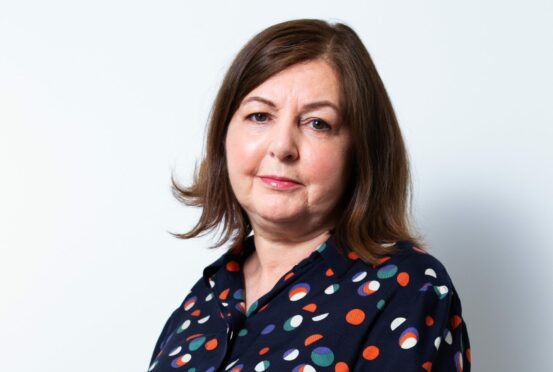
Things which never happen can be as sad as the tragedies of life lived. Love unrequited, brilliant hopes never fulfilled, dreams dashed. And a child who never was. Let’s name that so often shameful word: infertility.
A child lost, a child stillborn, a child who goes to the bad. All these are children who may be spoken of, even if in whispers. But a child who never was may be mourned for a lifetime without others even guessing the grief. The child who never lived but was ever loved in the hidden hearts of her parents. The never-child may have had a secret name, and a whole life in the imagination of her disappointed mother and father. Perhaps even never-grandchildren.
A shocking new report from the World Health Organisation (WHO), based on more than 100 studies over the last 30 years, has revealed that one person in six worldwide is affected by infertility.
While the rates of infertility were found to be somewhat higher in developing countries, it was a problem around the globe. Infertility is defined as failure to achieve a pregnancy after 12 months or more of unprotected sex. Of course, many overcome their problems naturally or with medical help but many millions never do.
We are used to the WHO telling us about Covid or malaria and other dangerous diseases. But the WHO director-general Tedros Adhanom Ghebreyesus rightly tells us that infertility is also a major international health issue that we need to wake up to: “The sheer proportion of people affected shows the need to widen access to fertility care. For millions around the world, the path to parenthood can be difficult to access, if not impossible.
“Access to sexual and reproductive health services is the primary way for people to have the best chance of having the number of children they desire. However, in most countries, these services are inadequate.”
He says research into infertility is being sidelined and that many are denied safe, effective and affordable treatment. That’s true in the UK.
I believe we also need a transformation in attitudes. We must change the messages we give our children. Of course it’s vital that parents and teachers give the facts on contraception, STDs and consent and expose the lies porn spews out to them.
But we also need to teach the facts about fertility. While we should never imply the only way to be happy is to have a child, we need to impart the facts of fertility at the same level of detail devoted to other topics. This would include facts about the reduction in levels of fertility as both women and men age but also about how common infertility problems are and how and when to seek help.
We need to tell children that infertility may well affect them in their lives so that they don’t feel shame and misery if it happens to them. Infertility is normal. And there’s help out there.
I feel passionate about this because I have been lucky. I was so engaged with my career that I didn’t start thinking about having a baby until I was in my early 40s. I had a baby aged 45 without IVF. Younger women often say to me that my story is inspirational. I say they should take away the opposite message. I left it far too late and nearly missed out.
We need to talk about infertility. Infertility is distressing and potentially tragic but it should not be embarrassing or shameful. And we must back campaigns for good treatment to be available to all, regardless of income. I had a baby because I could afford to pay the cost of fertility advice and drugs. That is wrong. Giving birth shouldn’t depend on your bank balance.
The child who never was. You could help her live.
Dorothy Byrne, former head of news at Channel 4, is president of Murray Edwards College, Cambridge

Enjoy the convenience of having The Sunday Post delivered as a digital ePaper straight to your smartphone, tablet or computer.
Subscribe for only £5.49 a month and enjoy all the benefits of the printed paper as a digital replica.
Subscribe